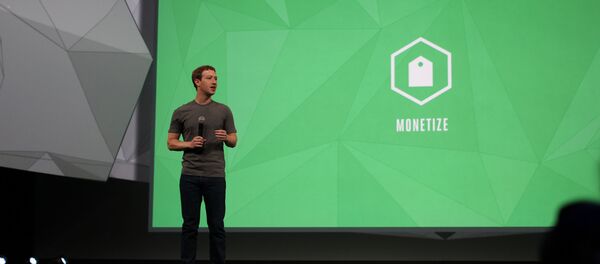The consortium looks increasingly to be all bark and no bite, as it will have no legal or technical requirements to honor its implementation.
Critics say that precisely because this consortium includes Internet industry giants such as Google, Microsoft, Facebook and Adobe, among others. As such, concerns over consumer privacy protections appear to be trumped by advertising interests that generate hundreds of millions of dollars for the web titans.
Google is known for using bots to find keywords in emails as a way of providing ads tailored for users and Facebook is currently being sued for the same practice.
The idea that consumers take control of who and what can track their movements on the Internet was modeled after the popular “Do Not Call” program in the United States, which gives consumers a choice about whether to receive a call from a telemarketer once the number is registered with the National Do Not Call Registry. Violators of the “do not call” rule are subject to fines.
The “Do Not Track” initiative was first proposed by consumer advocacy groups in 2007, who asked the U.S. Federal Trade Commission to create a “Do Not Track,” or “DNT” for online advertising, and which asks that a website disable its tracking of an individual user. The proposal required that online advertisers submit their information to the FTC, and the agency would create a list of domain names that use “cookies” and other tracking devices. Microsoft’s Internet Explorer, along with Google’s Chrome, Apple’s Safari, and Opera all added browser support for a DNT request, but Microsoft faced criticism for making it an automatic feature.
As there are no sanctions whatsoever for failing to honor a DNT, any proposal to beef up consumer online monitoring is not expected to get far. Websites and advertisers may honor a DNT request or completely ignore it. The Digital Advertising Alliance, for instance, considers it an infringement on business and does not require its members to comply. The DAA is a coalition of the nation’s largest media and marketing associations, including the Direct Marketing Association and the American Advertising Federation.
“The Council of Better Business Bureaus and the Direct Marketing Association will not sanction or penalize companies or otherwise enforce with respect to DNT signals set on browsers,” the organization said in a statement to members.


